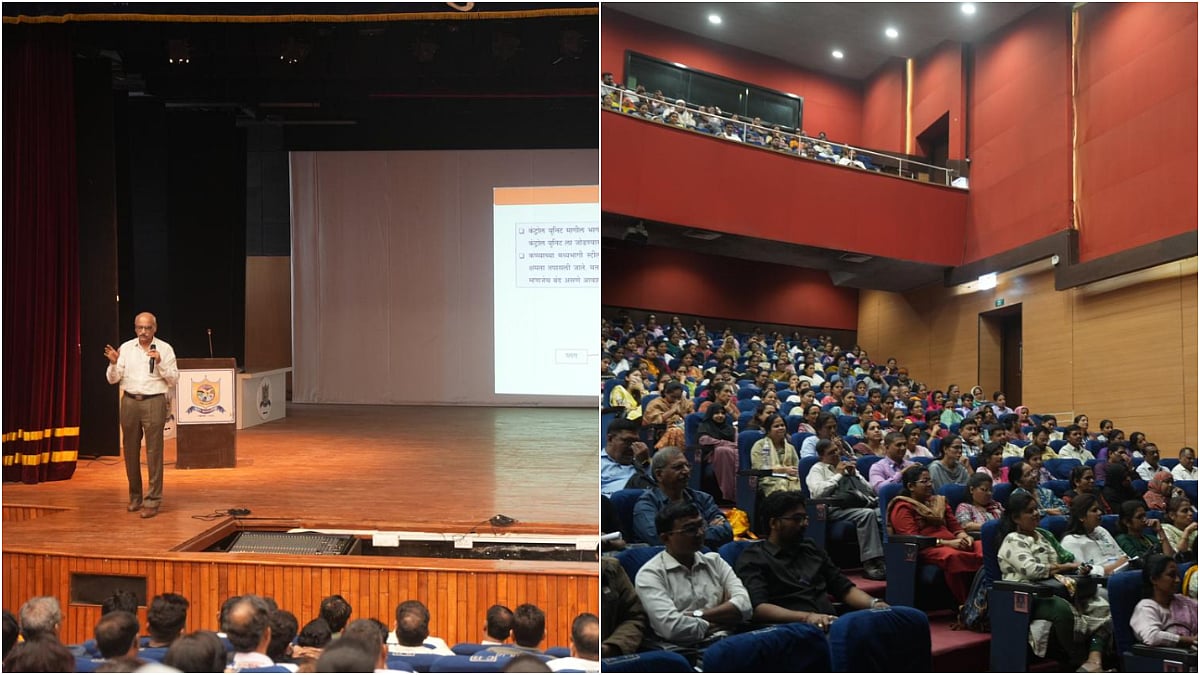A Bench headed by Justice D Y Chandrachud with Justice K M Joseph as the second judge has quashed the Gujarat government's notification exempting factories from paying overtime wages to the workers, holding that the burden of economic slowdown can’t be put on the workers alone, who are the backbone of the economic activity.
It said the court is aware of the financial hardship faced by the factories due to ongoing Covid-19 pandemic and the lockdowns, but they cannot be a potent reason to override the statutory provisions providing proper wages to the workers.
The Bench held that the statutory rights of workers should not have been done away with as the pandemic is not an internal emergency threatening the security of the country.
The state government sought to justify the orders under Section 5 of the Act by citing the ‘public emergency’ and ‘financial exigencies’ created by the COVID-19 pandemic and the need to provide a fillip to industrial and commercial activities; however, the bench remained unimpressed with the blanket order that exempted all factories from providing adequate compensation for overtime.
The verdict came on the petitions by Gujarat Mazdoor Sabha, challenging the April 17 notification of the Gujarat Labour and Employment Department, which granted exemptions to all factories in Gujarat from provisions of the Factories Act, 1948, relating to daily working hours, weekly working hours, intervals for rest and spread-overs of adult workers, and even from the duty to pay overtime wages at double rate as fixed under section 59 of the Act.
The petitioners argued that the notification arbitrarily mandated that for a period from April 20 to July 19, workers in Gujarat can be made to work 12 hours in a day, 72 hours in a week with a 30 minute break after six hours. Instead, The Factories Act, 1948, provides that workers can only be made to work nine hours in a day -- but 48 hours in a week, with one week off -- thus coming to eight hours in a day, with 30 minutes break after five hours.
"Most disturbingly, the impugned notification prescribes that no overtime at double rate will be paid for the extra four hours worked per day, but rather that overtime work will merely be compensated at the usual hourly rate", said the plea.
“The brunt of the pandemic and of the lockdown has been borne by the working class and by the poorest of the poor. Bereft of social security, they have no fall-back options. To a worker who has faced the brunt of the pandemic and is currently labouring in a workplace without the luxury of physical distancing, economic dignity based on the rights available under the statute is the least that this court can ensure them,” said the top court.










